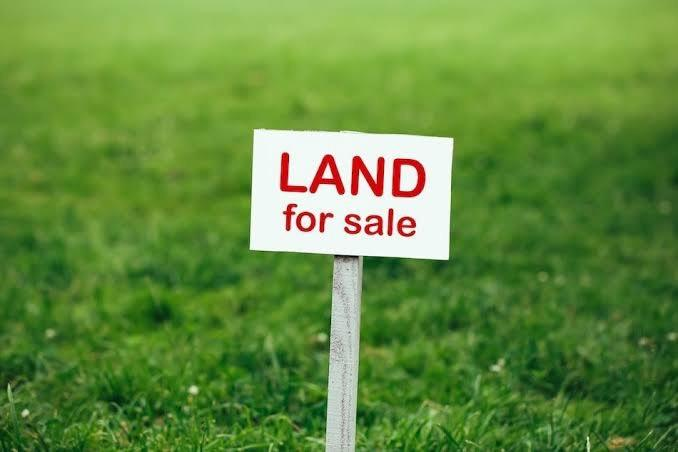Buying land in Thailand as a foreigner requires careful research, legal advice, and local know-how. While Thai law does not allow foreigners to directly own land, there are still legal and practical ways to secure land use rights for long-term investments or personal use.
This guide outlines the safest and most efficient steps to scout land for sale in Thailand, especially if you’re planning to lease, build, or invest through legal channels.
✅ Can Foreigners Own Land?
| Ownership Type | Legality for Foreigners | Notes |
|---|---|---|
| Freehold land ownership | ❌ Not allowed | Land must be in a Thai individual or majority-Thai company’s name |
| Leasehold land (30 yrs) | ✅ Allowed | Can be renewed, often structured with house ownership separately |
| Usufruct / Superficies | ✅ Allowed | Right to use or build on land without ownership |
| Company ownership | 🚫 Highly scrutinized | Nominee setups are illegal and risky |
🛑 Important: Always consult a property lawyer before proceeding.
🧭 Step-by-Step: Scouting Land in Thailand
1. Decide Your Purpose
- Are you planning to build a villa, open a resort, start a farm, or invest for resale?
- This helps determine zoning laws, land size, and infrastructure needs.
2. Choose Your Location
Some popular regions for land buyers include:
| Area | Why Buy Land Here |
|---|---|
| Chiang Mai | Scenic plots, relaxed pace, digital nomad-friendly |
| Pattaya | Pool villa potential, close to Bangkok |
| Phuket | High-value resale and rental potential |
| Hua Hin | Quiet retirement builds, golf communities |
| Isaan | Large rural plots at low prices |
| Samui/Phangan | Boutique resorts, sea-view villas |
3. Work with a Trusted Agent or Lawyer
- Look for bilingual property agents familiar with land zoning and ownership laws.
- Hire an independent lawyer to:
- Conduct due diligence
- Check Chanote (land title) type
- Draft lease or superficies agreements
4. Understand the Title Deed Types
| Title Deed Type | Can Be Sold/Leased? | Notes |
|---|---|---|
| Chanote | ✅ Yes | Best and most secure land title, properly surveyed |
| Nor Sor 3 Gor | ✅ Yes | Acceptable for leasing or building, survey not as exact |
| Nor Sor 3 | ⚠️ Caution | Unclear boundaries, slower to upgrade to Chanote |
| Por Bor Tor 5 | ❌ No | Agricultural claim; not legally transferable |
🗺️ Always ask to see the Chanote (red title deed) and check GPS boundaries with the Land Office.
5. Visit the Site Personally
- Check:
- Access roads (public or private)
- Utilities (water, electricity, fiber)
- Flood risk
- Noise or neighboring construction
- Take photos and GPS coordinates.
6. Check Zoning and Land Use Rules
| Zone Color | Meaning |
|---|---|
| Red | Urban/commercial development |
| Yellow | Residential/low-density housing |
| Green | Agricultural, limited building |
| Blue | Industrial zones (factories) |
🌐 You can check zoning maps at the local Land Office or hire a lawyer to confirm.
7. Negotiate the Terms
- Common lease terms: 30 years + 30-year renewal option
- You may also structure:
- Usufruct (lifetime right to use)
- Superficies (right to build on land you don’t own)
🧾 All contracts should be registered at the Land Office to be legally binding.
8. Register Lease or Agreements Properly
- A lease of more than 3 years must be registered.
- Keep copies of:
- Land title deed
- Lease agreement
- Building permit (if constructing)
🧠 Quick Tips for Foreigners
| Tip | Why It Matters |
|---|---|
| Avoid nominee structures | They’re illegal and can be overturned by authorities |
| Register agreements officially | Unregistered leases can be ignored by courts |
| Use escrow for payment | Protects your funds until transfer is completed |
| Ask for GPS land measurements | Verifies you’re getting the full promised area |
| Don’t rush | Take your time to check everything — especially off-plan |
🏁 Final Thoughts
While foreigners cannot own land directly, there are legal, safe ways to lease or build on land in Thailand — as long as you follow the law, work with licensed professionals, and stay away from nominee ownership schemes.




